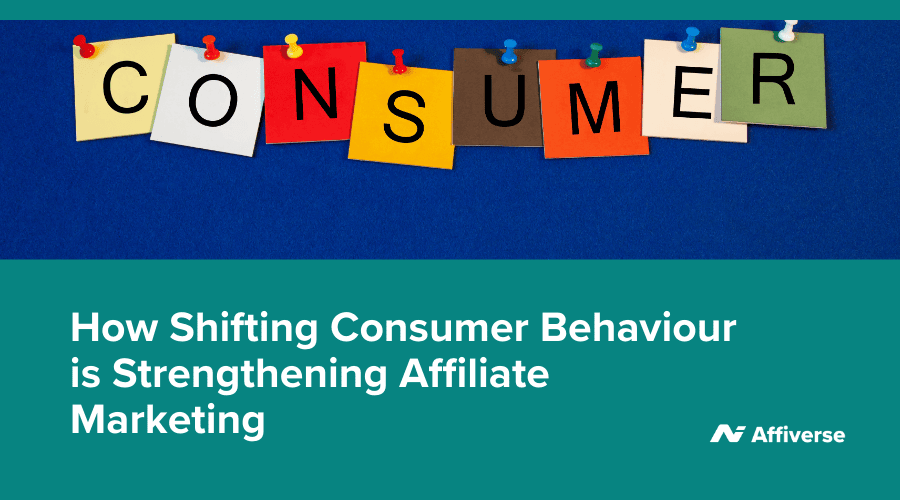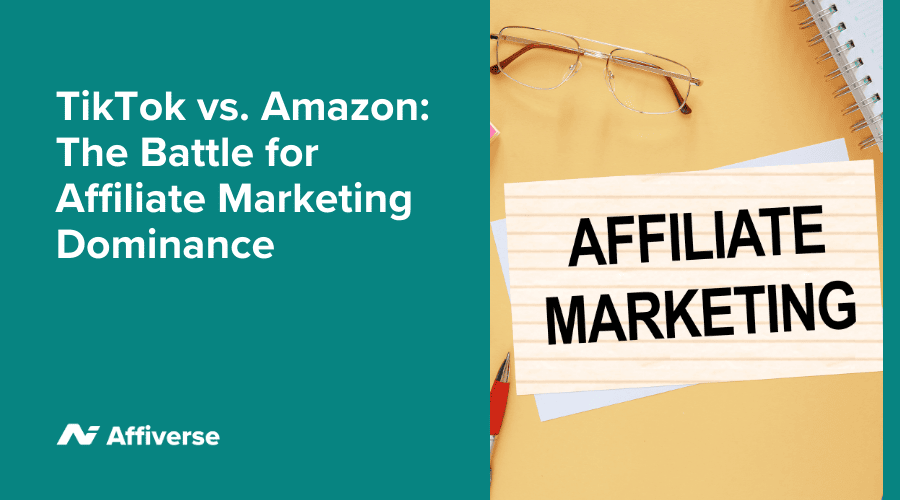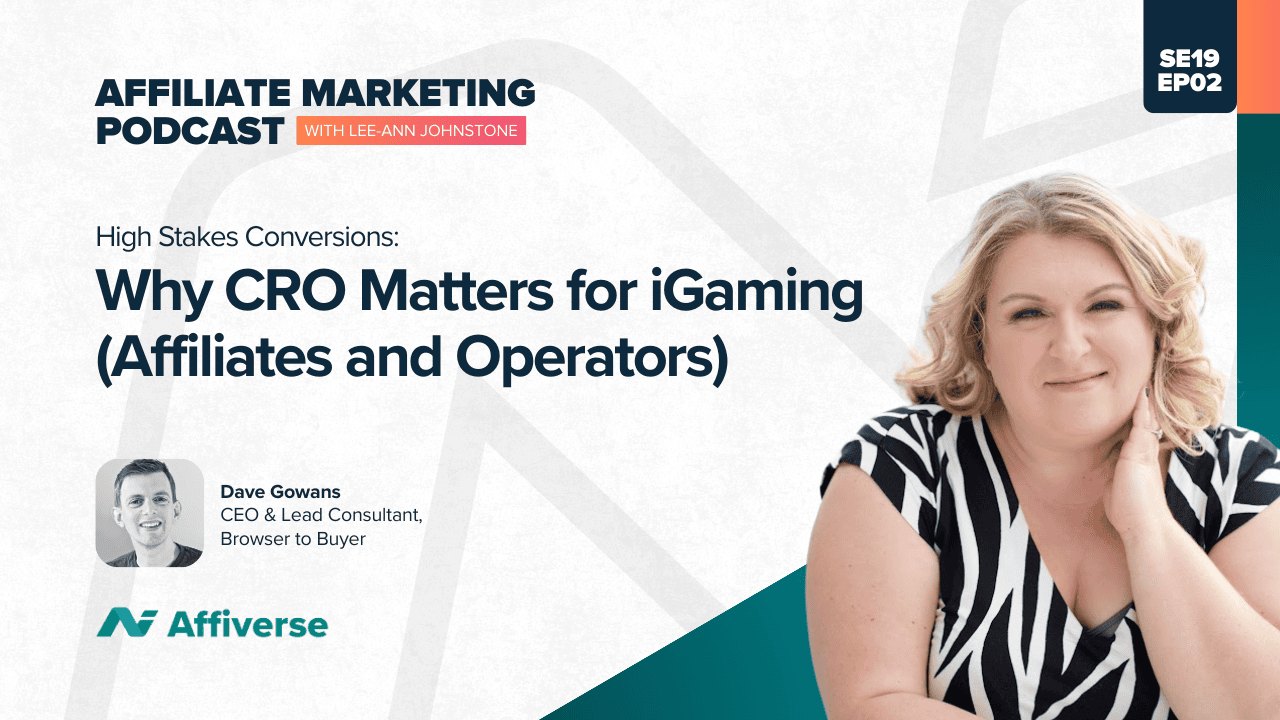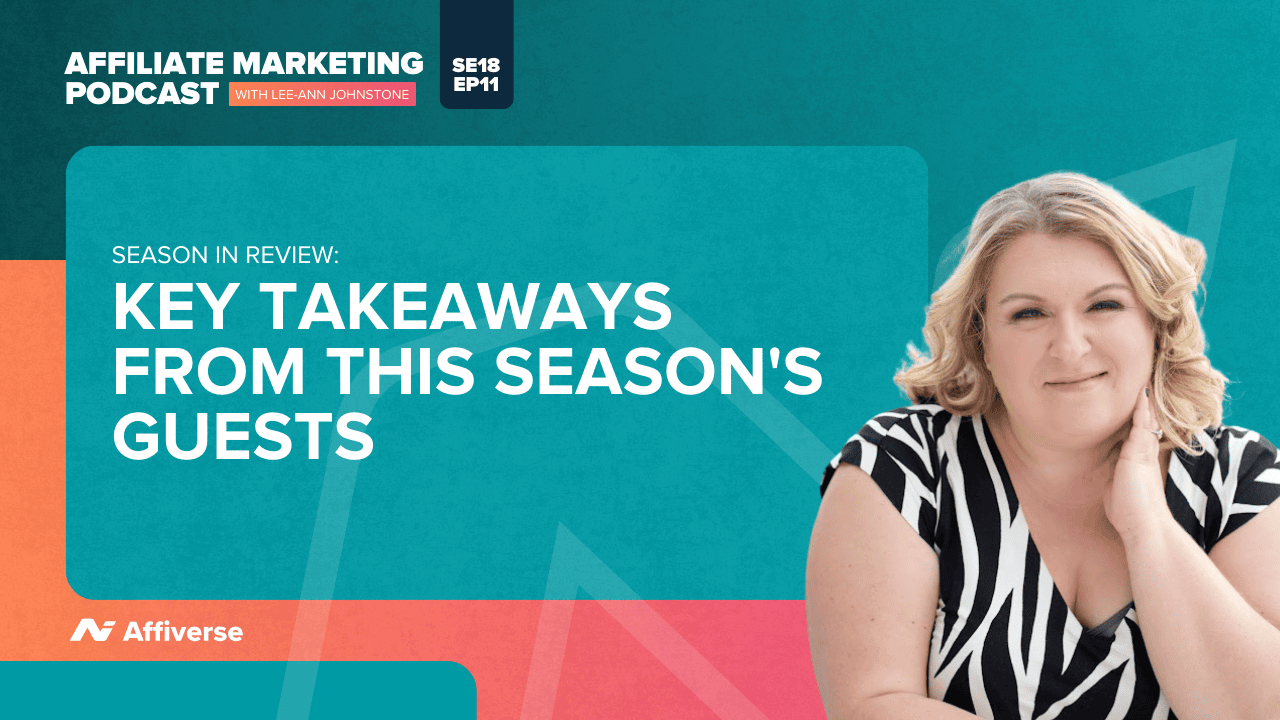Social media has become an essential tool for affiliate marketers.
With billions of users worldwide, platforms like Instagram, TikTok, Facebook, and YouTube offer affiliates unparalleled opportunities to reach targeted audiences, build relationships, and drive conversions. However, not all platforms are created equal, and the social media landscape is constantly evolving.
In this article, we’ll explore why social media is crucial for affiliates, which platforms dominate the market, how they differ in effectiveness, what’s likely to change in 2025, and what affiliates should focus on to stay ahead.
The importance of social media for affiliates
For affiliates, social media is more than just a place to post links; it’s a dynamic ecosystem where authentic connections can lead to significant sales. Here’s why it matters:
- Reach and visibility: Social media platforms host billions of active users. Affiliates can tap into these vast audiences, targeting specific demographics through tailored content and ads.
- Engagement-driven sales: Unlike traditional advertising, social media thrives on interaction. Affiliates can engage with their audience directly through comments, messages, and live sessions, fostering trust and loyalty.
- Diversified content formats: Platforms offer a variety of content formats, including short videos, stories, static posts, and live streams, allowing affiliates to showcase products creatively and reach audiences in multiple ways.
- Cost-effective marketing: Social media is a cost-efficient channel for affiliates, with free organic reach opportunities and affordable paid ad options that can deliver measurable results.
Who’s the biggest?
When it comes to user base and influence, a few social media platforms stand out:
1. Facebook
With nearly 3 billion monthly active users, Facebook remains the largest social media platform globally. It offers powerful advertising tools and robust audience targeting options, making it a valuable platform for affiliates.
2. YouTube
As the second-largest search engine after Google, YouTube’s video-driven format is perfect for detailed product reviews, tutorials, and unboxings. Its audience spans all age groups, offering broad reach for affiliates.
3. Instagram
Known for its visual appeal, Instagram is a go-to platform for niches like fashion, beauty, and travel. With 2 billion monthly users, it excels at showcasing products through visually engaging content.
4. TikTok
TikTok’s rapid rise has made it a powerhouse for short-form video content. With over 1 billion monthly users, it’s especially popular among Gen Z and Millennials, making it a goldmine for trend-driven products.
5. Twitter (Now X)
Although its user base is smaller compared to others, Twitter remains a strong platform for discussions, thought leadership, and affiliate links in tech, finance, and news-related niches.
6. Pinterest
Often overlooked, Pinterest is a hidden gem for affiliates, particularly in DIY, home decor, and lifestyle niches. It’s a search-based platform, making it highly effective for evergreen content.
Is the biggest the best?
The largest platforms aren’t always the most effective for every affiliate. Success often depends on your niche, audience, and content strategy. For instance:
- Instagram and TikTok are ideal for visual niches like fashion and beauty.
- YouTube works well for in-depth content, such as product reviews and tutorials.
- Pinterest is perfect for evergreen content and audiences actively seeking inspiration or solutions.
- Facebook offers versatility, with strong options for community-building and paid advertising.
Affiliates should focus on platforms where their target audience spends the most time and where their content aligns with the platform’s strengths.
What’s likely to change in 2025?
The social media landscape evolves rapidly, and 2025 is poised to bring new opportunities and challenges for affiliates. Here are some predictions:
- Increased focus on AI-driven content: Platforms will continue to integrate AI tools that personalise content feeds, making it crucial for affiliates to create highly relevant and engaging content to remain visible.
- Stricter data privacy regulations: With growing concerns about user privacy, affiliates may face limitations on tracking and targeting. Building first-party data and prioritising organic growth will become more important.
- Short-form video dominance: Platforms like TikTok, Instagram Reels, and YouTube Shorts will maintain their dominance, requiring affiliates to master this format to stay competitive.
- New monetisation opportunities: Platforms are likely to introduce or expand affiliate-friendly features, such as in-app shopping, enhanced analytics, and performance-based payouts.
- Emerging platforms: Watch out for the rise of new platforms like Bluesky and BeReal, which may offer fresh opportunities for affiliates willing to experiment.
Tips for affiliates to succeed on social media
To maximise success on social media, affiliates should focus on the following:
1. Prioritise authenticity
Consumers value genuine recommendations over overt promotions. Affiliates should focus on sharing personal experiences and building trust with their audience.
2. Diversify platforms
Relying on a single platform is risky. Affiliates should explore multiple channels to mitigate changes in algorithms or platform policies.
3. Leverage analytics
Use platform analytics to understand what content resonates most with your audience. Adjust your strategy based on data to improve performance.
4. Stay ahead of trends
Keep an eye on emerging trends and platform updates to adapt your strategy and maintain relevance.
5. Invest in quality content
High-quality visuals, engaging videos, and well-crafted captions are key to capturing attention and driving conversions.
Final thoughts
Social media is an indispensable tool for affiliates, offering unparalleled reach, engagement, and monetisation opportunities.
While platforms like Facebook, Instagram, and TikTok dominate the market, the “best” platform ultimately depends on your niche and audience.
As we approach 2025, affiliates must stay adaptable, leveraging new tools, trends, and platforms to remain competitive. By focusing on authenticity, diversifying strategies, and embracing change, affiliates can harness the full potential of social media to drive success in the years ahead.




















